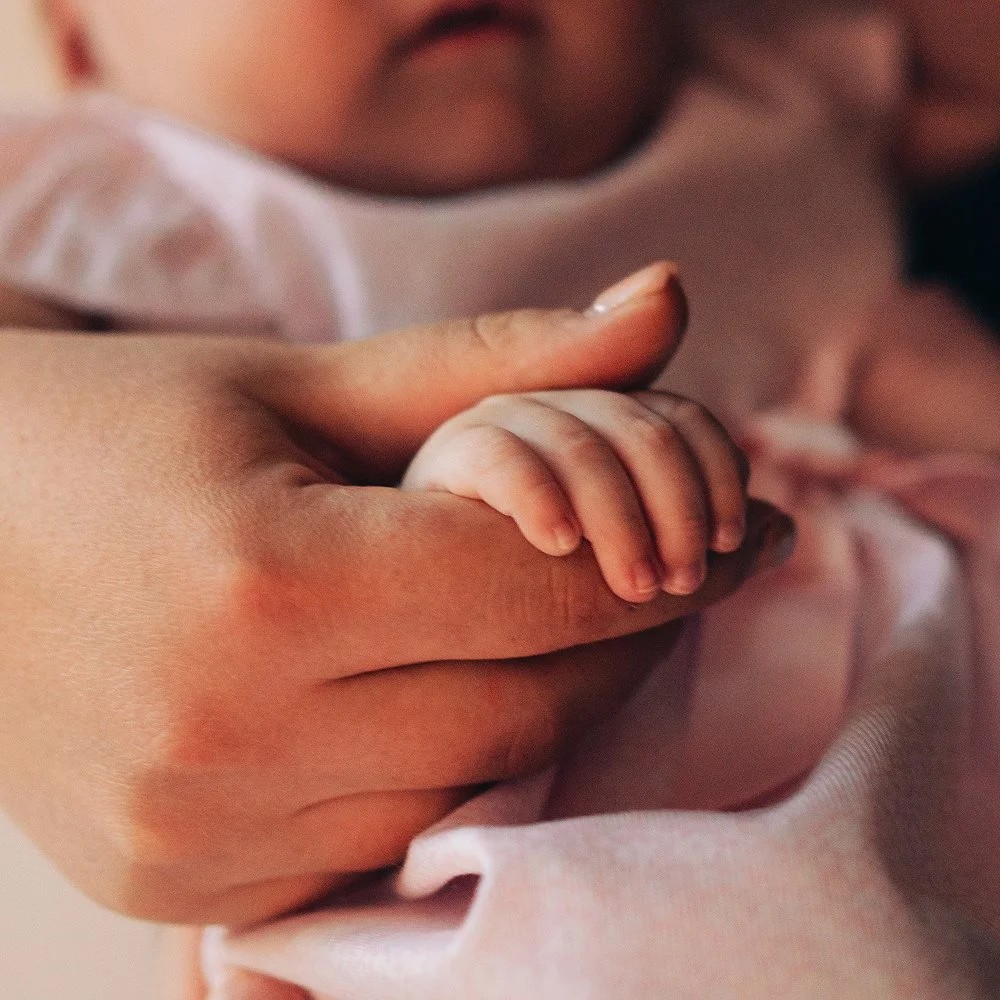Becoming a mother is undeniably life-changing, but it’s often beyond the physical act of childbirth. You’re not just gaining a baby; you’re undergoing a profound internal shift – a metamorphosis termed matrescence. Coined by anthropologist Dana Raphael in the 1970s and recently popularized by author Lucy Jones in her book “Matrescence: On the Metamorphosis of Pregnancy, Childbirth and Motherhood,” this concept recognizes that motherhood is not merely a role but a deeply personal transformation impacting your physical, emotional, and social self.
Imagine adolescence again—a whirlwind of hormonal changes, identity exploration, and intense emotions. Matrescence echoes this period. Your body, fueled by shifts in hormones like estrogen, progesterone, oxytocin, and prolactin, is rewiring itself for attachment and nurturing. Alongside these physiological transformations, your brain chemistry undergoes a realignment, priming you for the profound emotional connection with your newborn.
While cultural narratives often depict motherhood as an effortless joyride, this reality can feel jarringly different. The constant demands of caring for a new life collide with internal turmoil – a blending of boundless love alongside feelings of exhaustion, grief, pride, and guilt—all swirling within you. This emotional rollercoaster is not a sign of failure but the natural consequence of profound internal reconstruction.
Beyond the Baby Blues: When Matrescence Impacts Mental Wellbeing
Matrescence’s influence on mental health is multifaceted and deserves careful attention. While mood fluctuations are expected in the postpartum period, persistent sadness, anxiety, or intrusive thoughts warrant further investigation. Here are three common challenges that matrescence can bring:
-
Mood Swings: The drastic hormonal shift after birth often leads to volatile emotional states – one minute you’re exhilarated by your baby’s smile, the next, overwhelmed with tears. While occasional mood swings are normal, persistent low moods should be discussed with a healthcare professional, as they could signal postpartum depression or anxiety.
-
Identity Confusion: Your sense of self—who you were before motherhood—blurs and fragments. It’s a natural struggle to reconcile your pre-baby identity with the newly emergent one. This can lead to feelings of guilt and inadequacy, especially when societal expectations pressure mothers towards unmitigated joy. Remember that integrating these identities takes time; be patient and kind to yourself during this process.
-
Loneliness: New parenthood often isolates individuals within a bubble of caregiving duties. Even though you’re surrounded by your baby, the absence of pre-baby social structures can feel acutely isolating. Reconnecting with supportive friends or joining local parent groups offers invaluable emotional sustenance and reminds you that others understand what you’re going through.
Embracing Matrescence: Tips for Navigating the Transformation
Matrescence isn’t about achieving a picture-perfect balance or magically returning to your “old self.” It’s about embracing this evolution with compassion and finding tools to navigate its challenges. Here are strategies to help you move through this transformative period:
-
Name What’s Happening: Simple yet powerful, verbalizing what you’re experiencing can shift the narrative from internal blame (“What’s wrong with me?”) to understanding (“This is matrescence”). Recognize that your emotions are a natural part of this process and communicate this to your partner and support network.
-
Reimagine Rest: The common advice “sleep when the baby sleeps” can be unrealistic amidst household demands. Break down rest into bite-sized chunks—five minutes of deep breathing while nursing, stepping outside for fresh air, or delegating tasks to create pockets of quiet time. These small moments are restorative and help build resilience over time.
-
Embrace Asking for Help: Letting go of the myth that “good mothers do it all” is crucial. Start small when accepting support – a grocery run, laundry assistance, or even a shower while someone holds the baby. Remember, accepting help is an act of self-care, not weakness. Don’t hesitate to seek professional support through postpartum doulas, lactation consultants, therapy, or parent groups.
-
Reframe Expectations: Let go of idealized visions of effortless mornings and picture-perfect routines. Instead, prioritize a “bare minimum list” – eating, hydrating, resting when possible. Everything else can wait until you’ve met these fundamental needs. Be gentle with yourself; adjusting to this new reality takes time.
-
Reconnect with Yourself: Your hobbies and passions may feel dormant during matrescence, but they haven’t disappeared. Make time for small activities that connect you to your identity outside of motherhood, even if it’s just listening to a favorite song or reading a few pages of a book. Remember that integration takes time.
-
Cultivate Realistic Support Systems: Parenthood transforms relationships. Lean on one trusted person – a best friend, sibling, or online community where you feel safe sharing honestly. Even brief check-ins, phone calls, or shared stories can strengthen connection and combat isolation.
-
Prioritize Self-Care: Nourishment, hydration, movement, and rest are non-negotiable foundations for mental wellbeing during this period of immense change. Practice grounding techniques like mindfulness, journaling, or therapy to process the constant emotional shifts. Remember that seeking professional support is a sign of strength and can make a significant difference in navigating these challenges.
Beyond Motherhood: Matrescence as a Shared Experience
While matrescence originated as a term describing mothers’ experiences, it’s increasingly recognized that fathers and non-birthing parents also undergo a profound transformation. Research suggests hormonal shifts, brain structure changes, and heightened emotional sensitivity in partners who embrace their role in caregiving. Acknowledging these parallel transitions can foster greater understanding and support within families.
Ultimately, matrescence is not simply a phase but a journey of discovery and adaptation. It’s about acknowledging the profound impact motherhood has on your entire being – beyond the practicalities of caring for a newborn.
By embracing this transformative process with self-compassion, seeking support when needed, and reframing expectations, you can navigate matrescence with greater grace and emerge into your new identity as a mother—whole and thriving.
